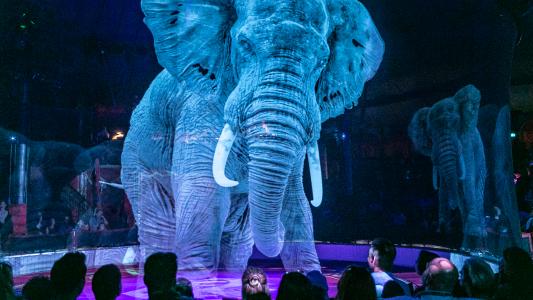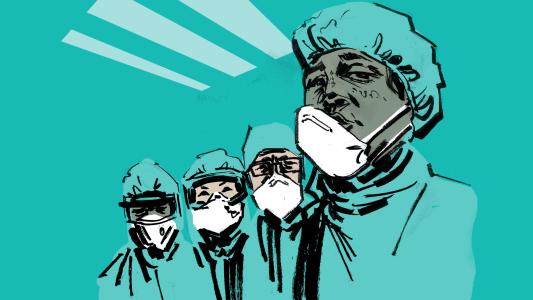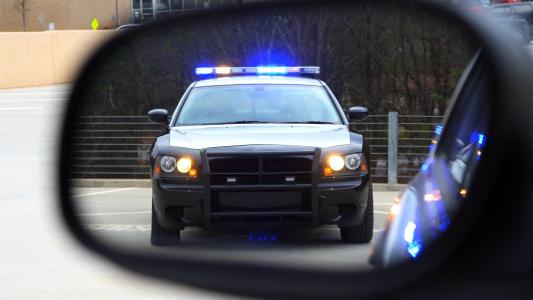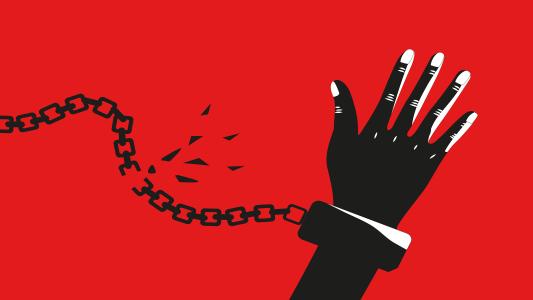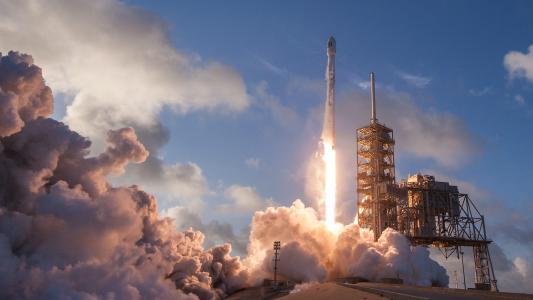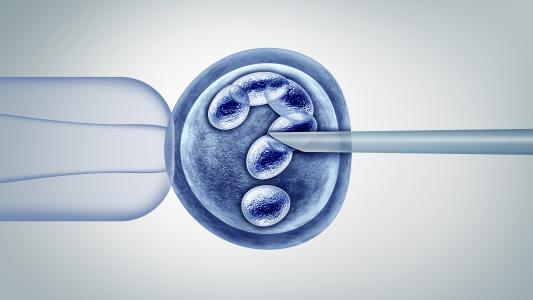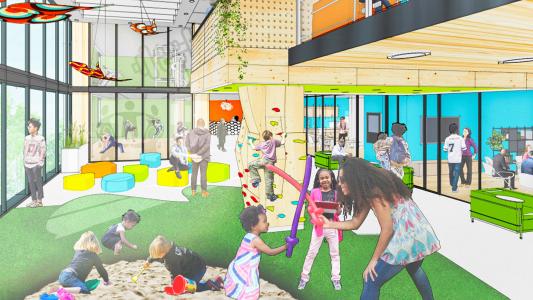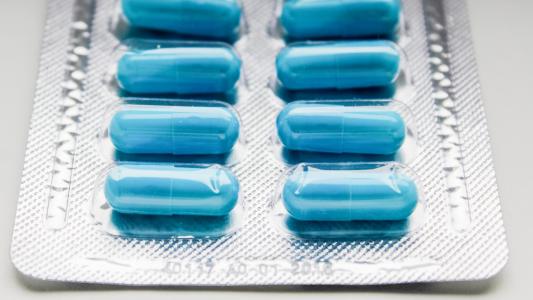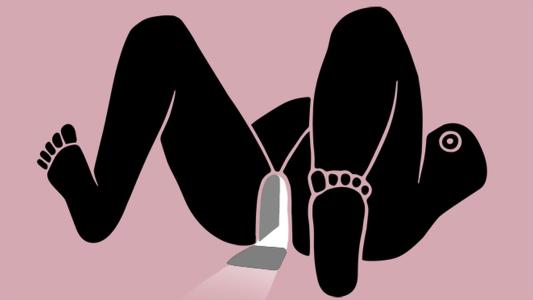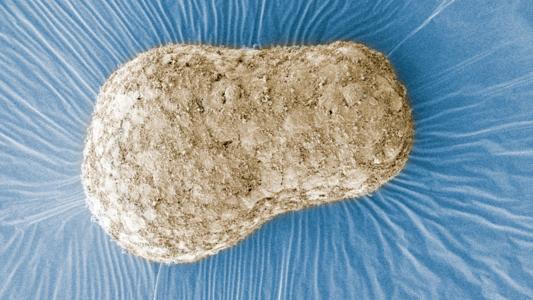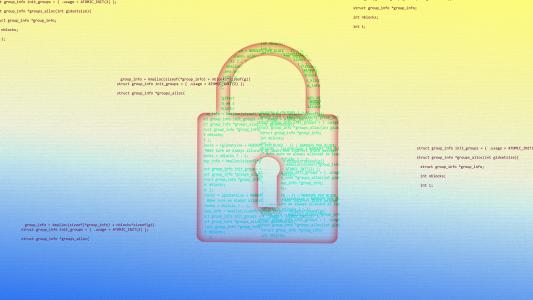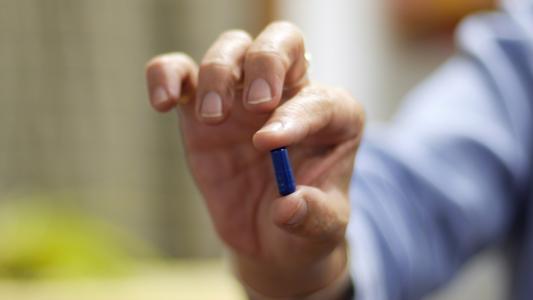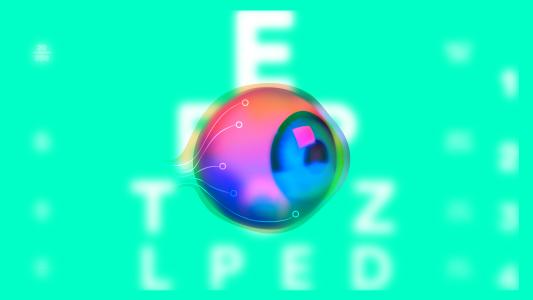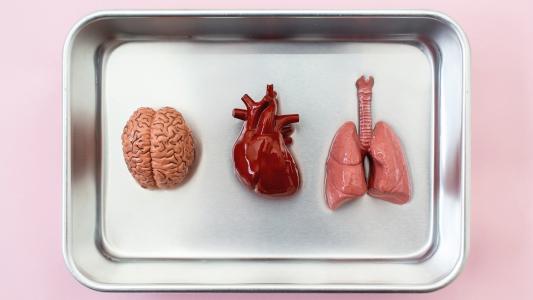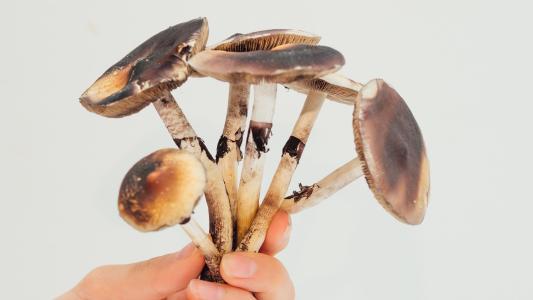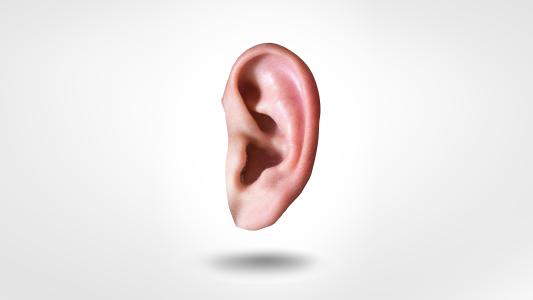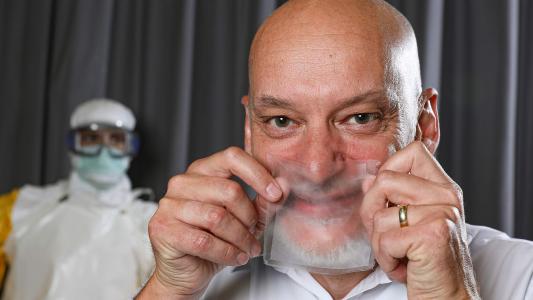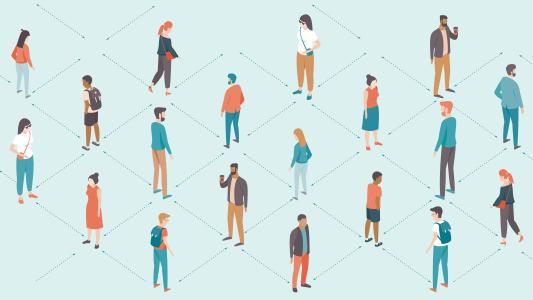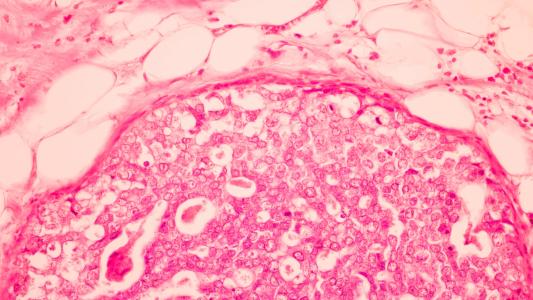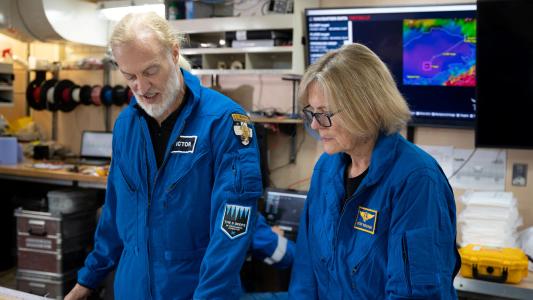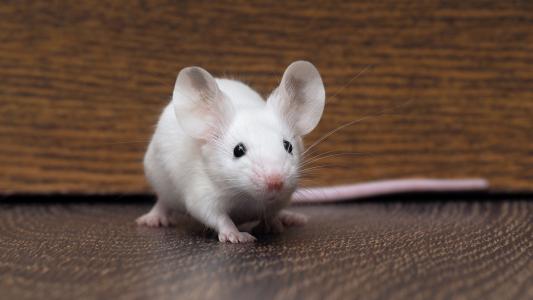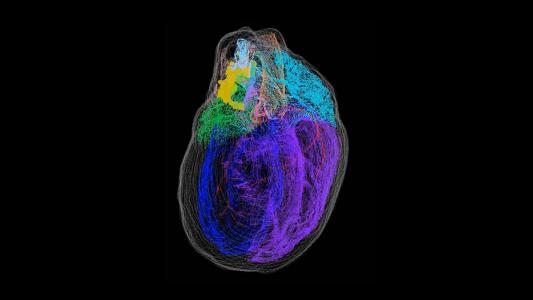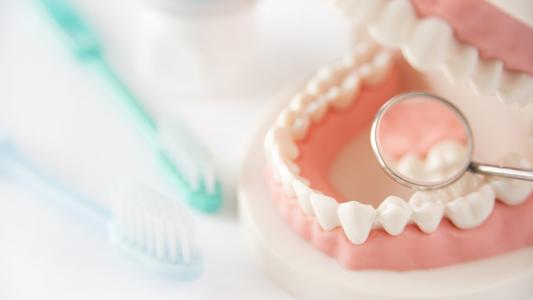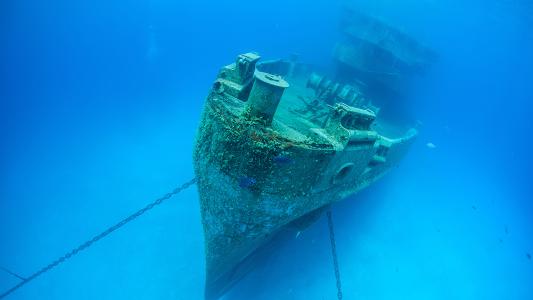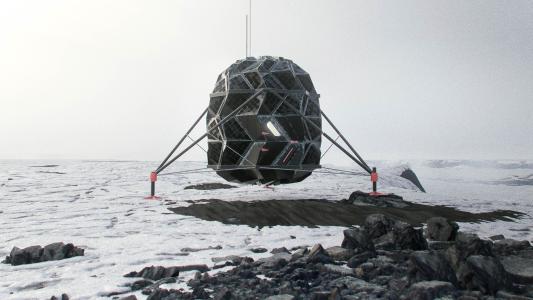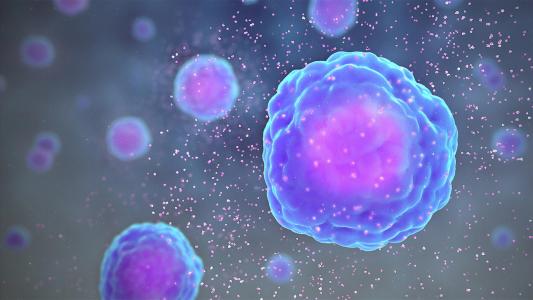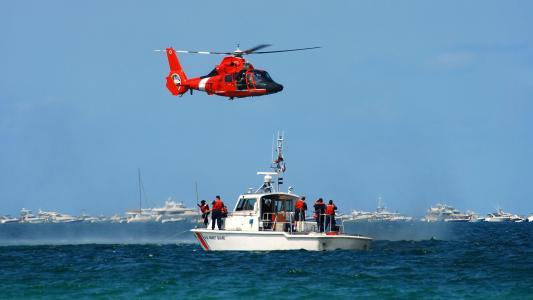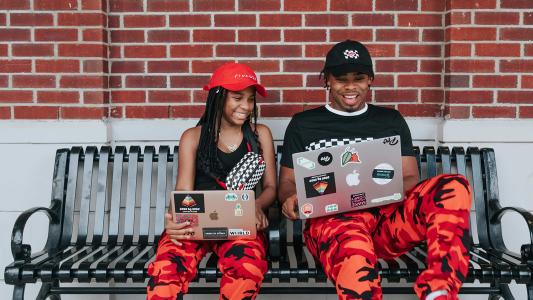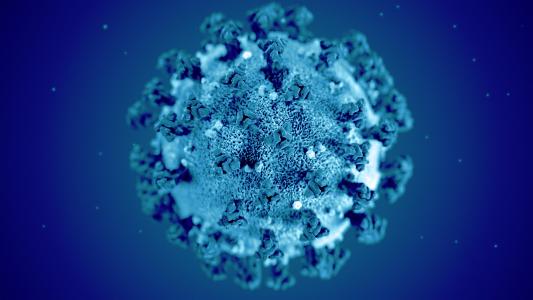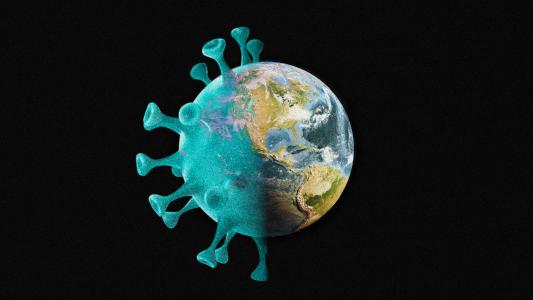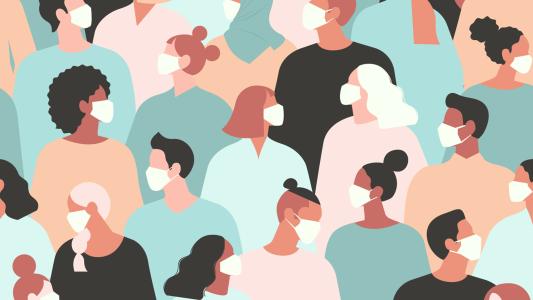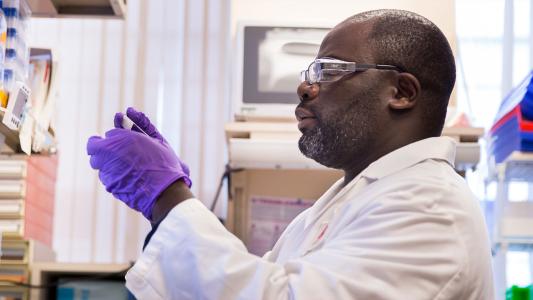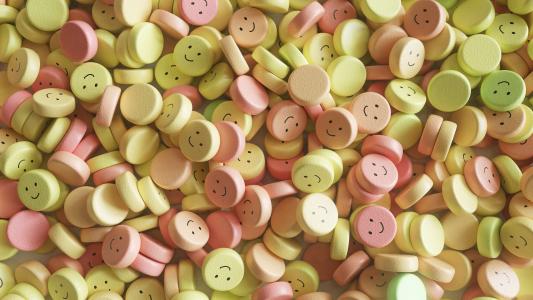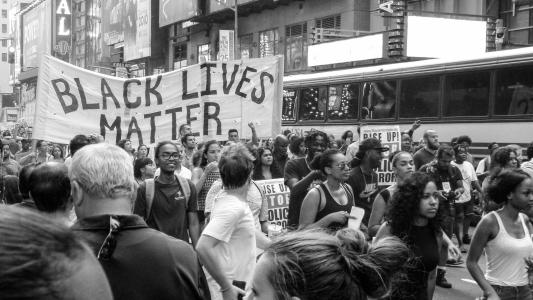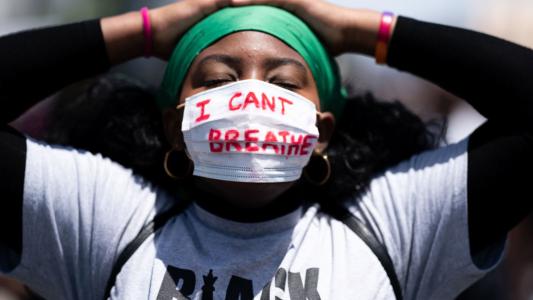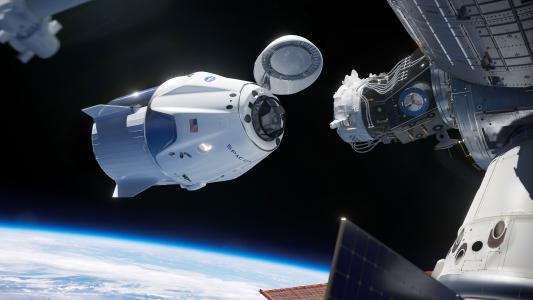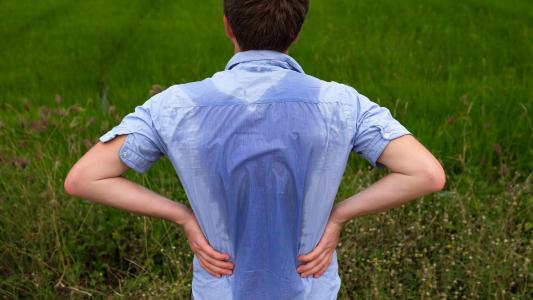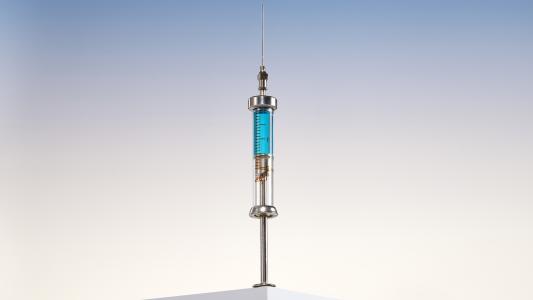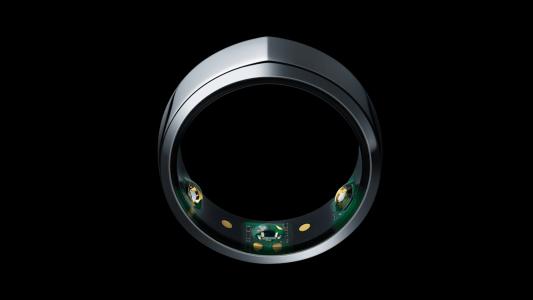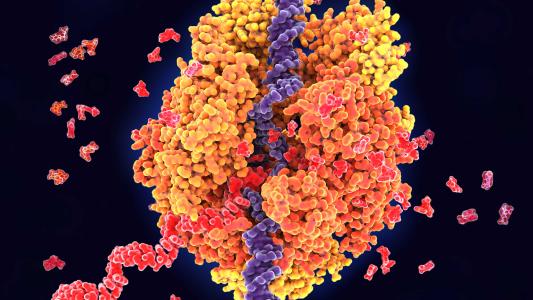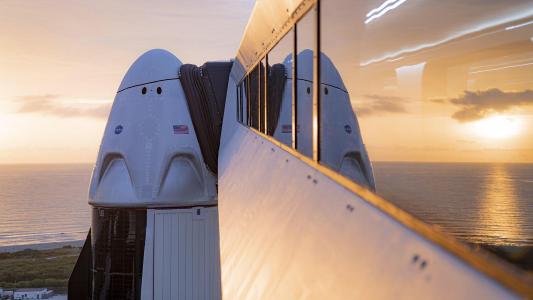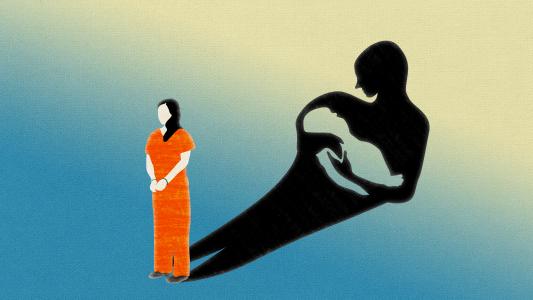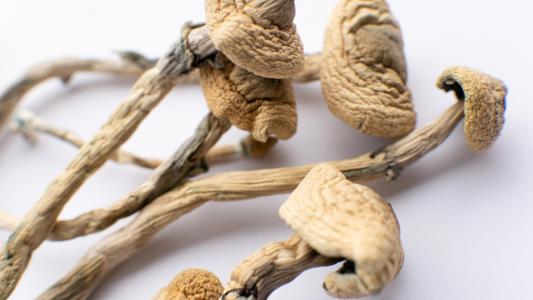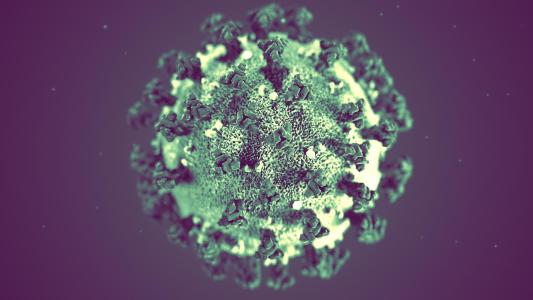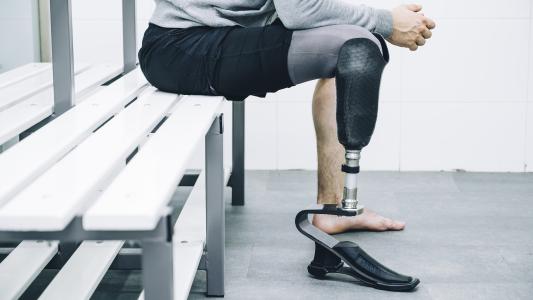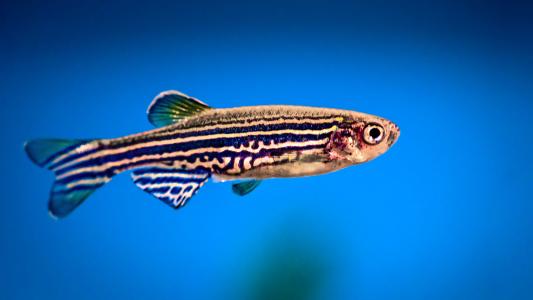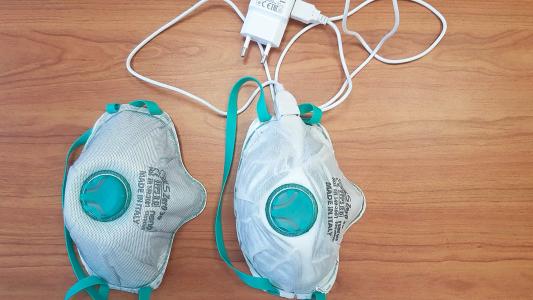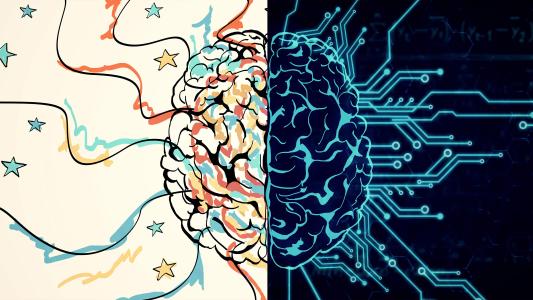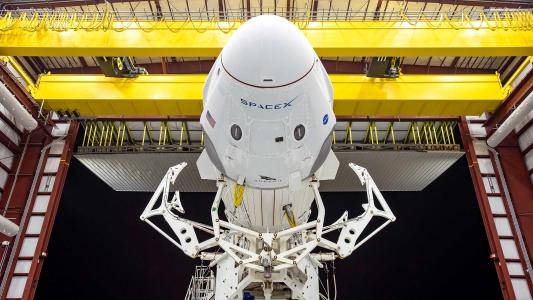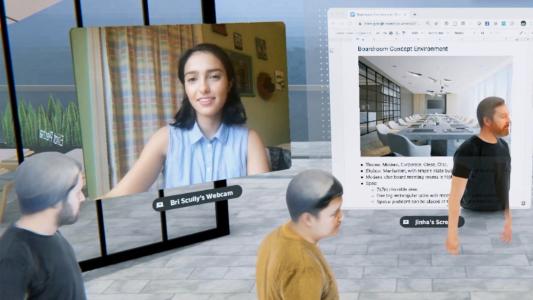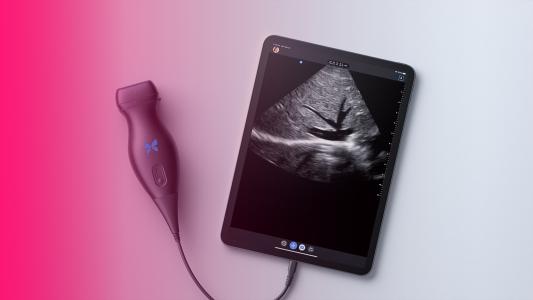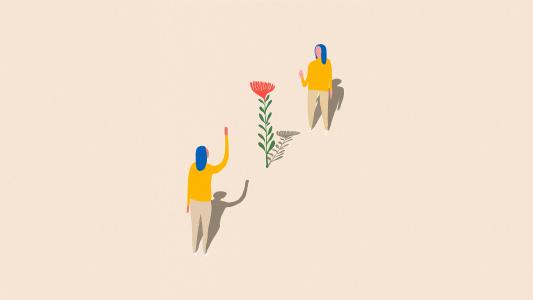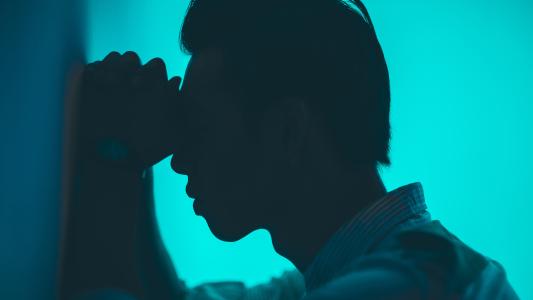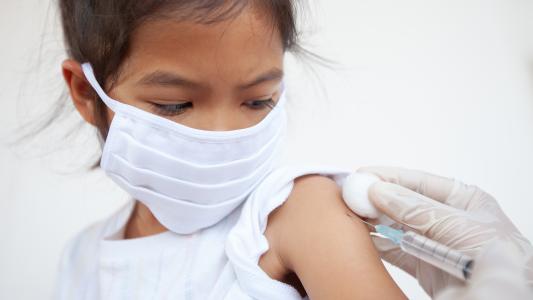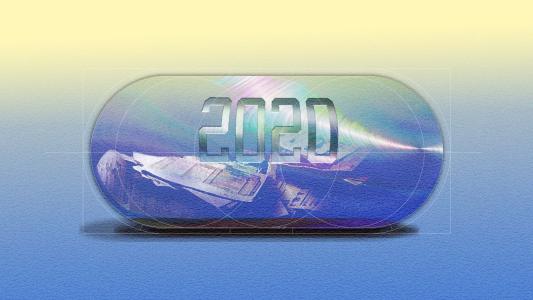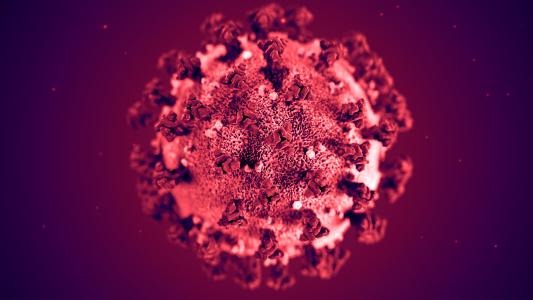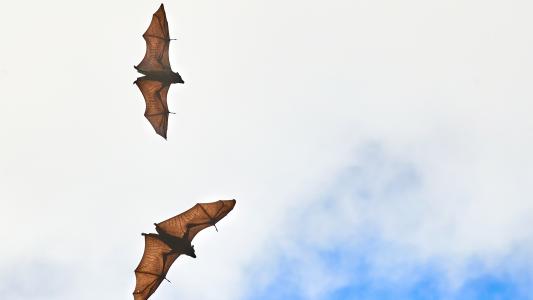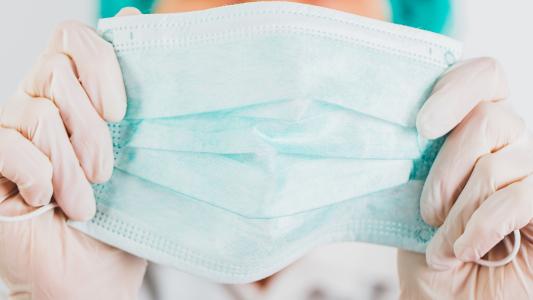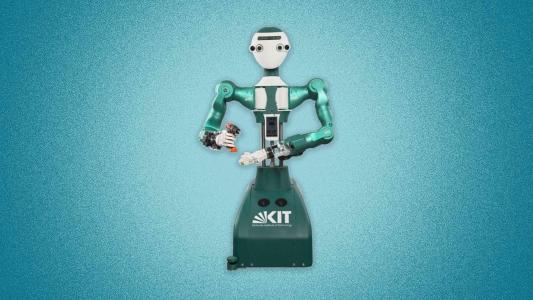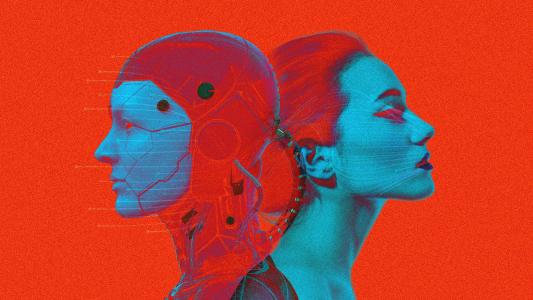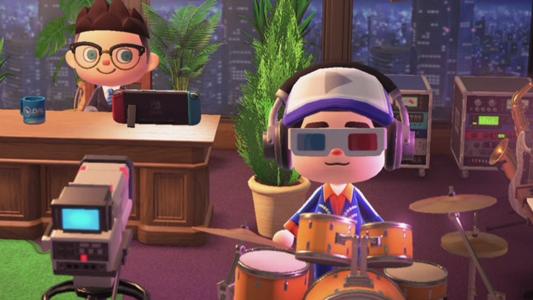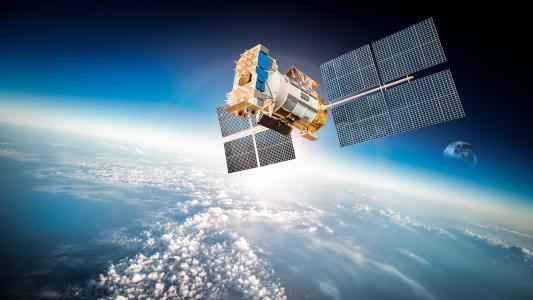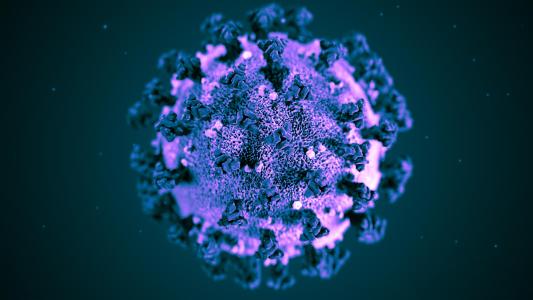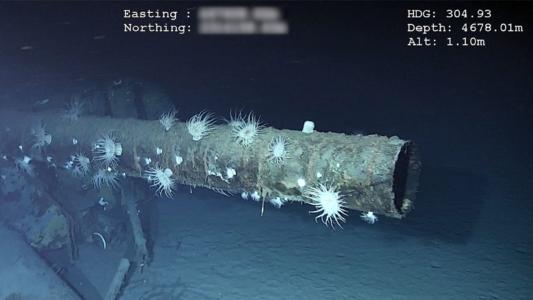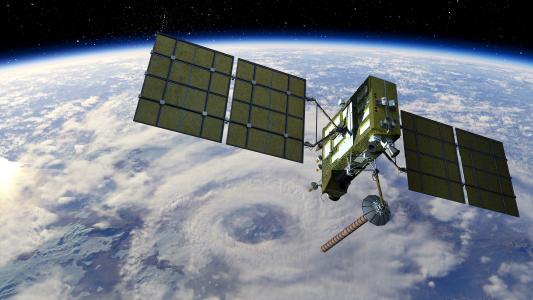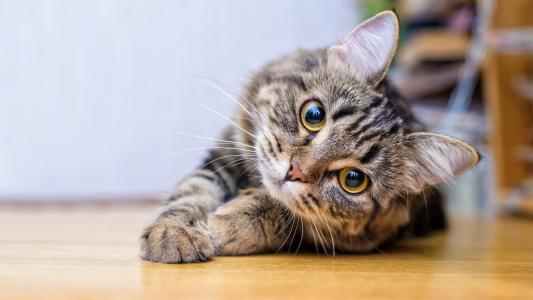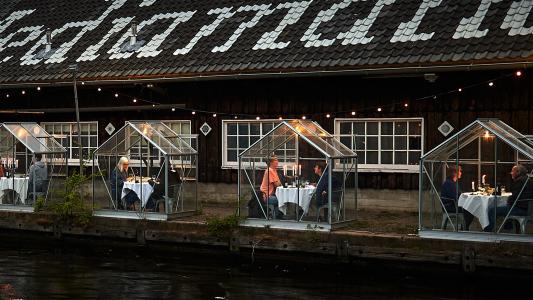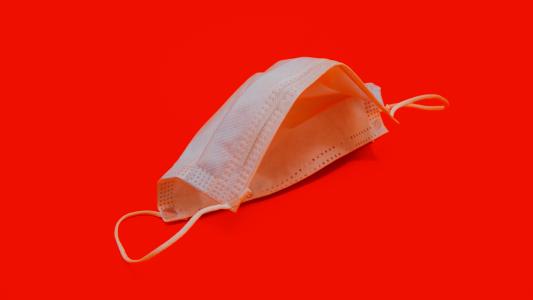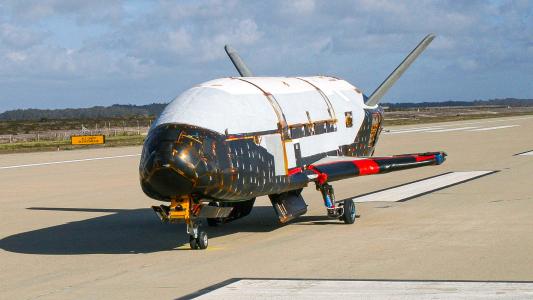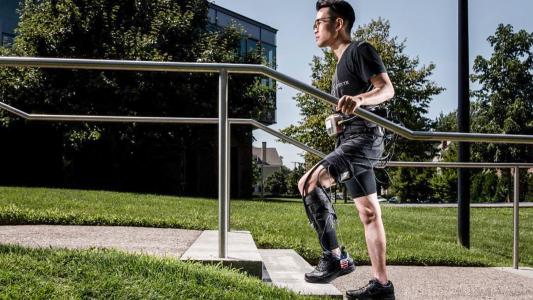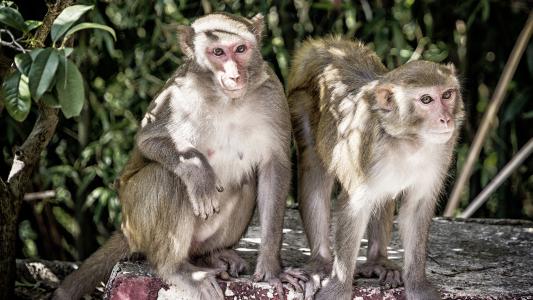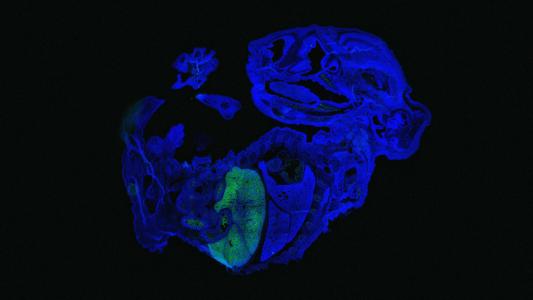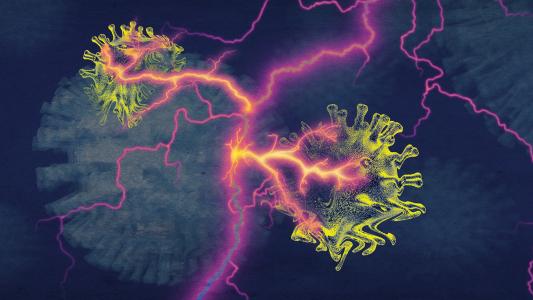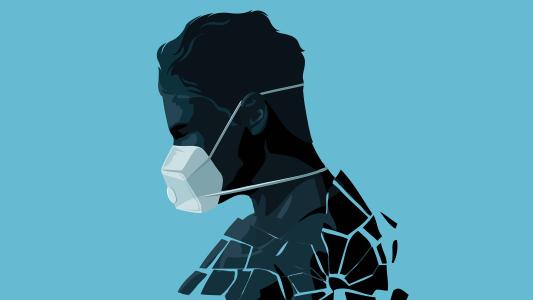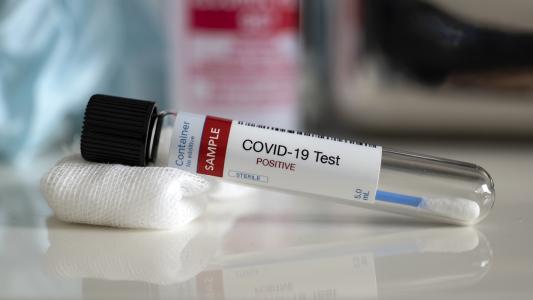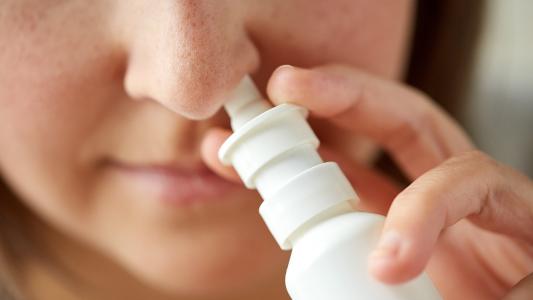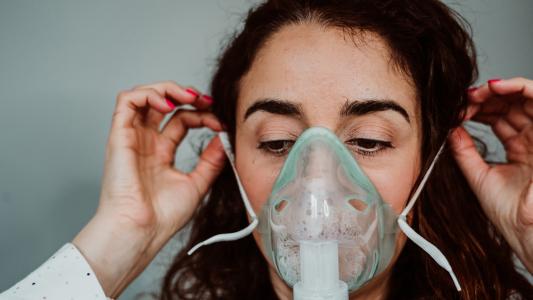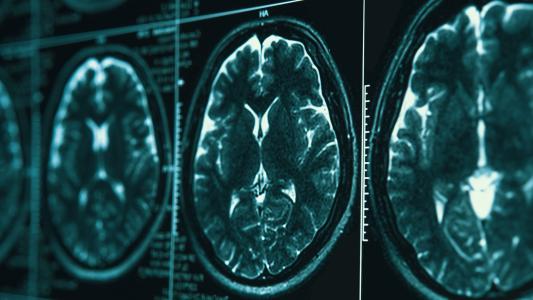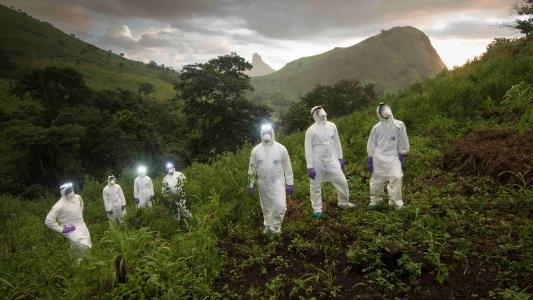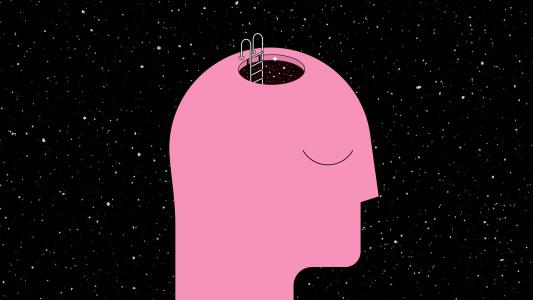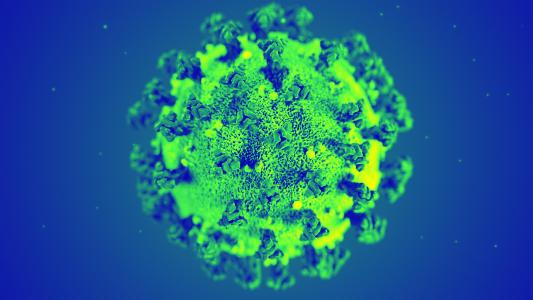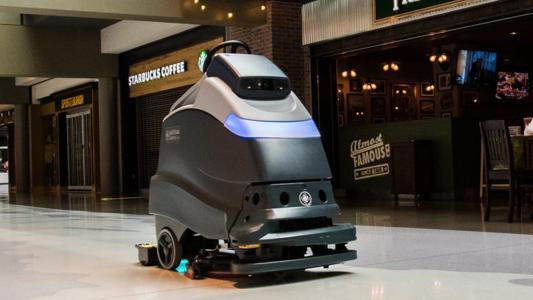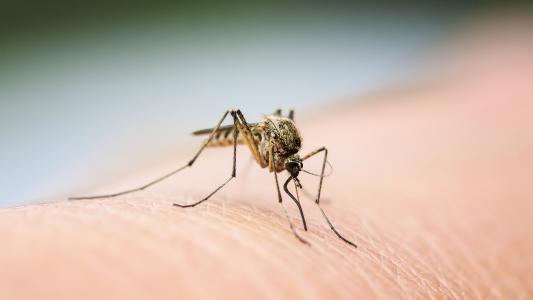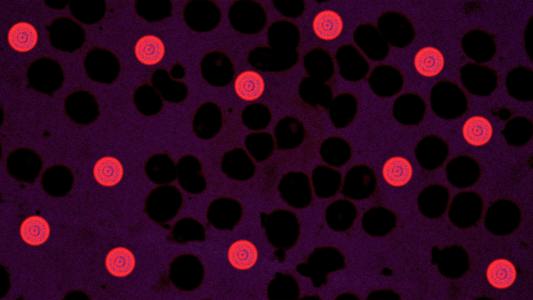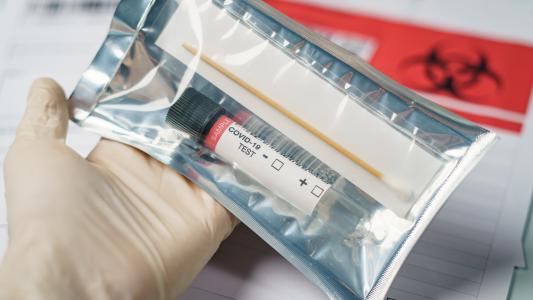Mind-blowing holograms are replacing circus animals
With pressure to eliminate circus animals, one show gets creative with holograms.
How does the coronavirus spread? Expert consensus builds
Scientists are beginning to come to a consensus on coronavirus transmission.
Your smartphone can help end police misconduct
There are now apps, websites, and phone shortcuts designed to help you not only document police misconduct, but also report and protect it.
Converting prisons into farms, community centers, and shelters
Across the U.S., prisons, jails, and detention centers are being transformed from facilities that confine people into ones that support them.
Why Juneteenth (June 19) could soon be a national holiday
Across the U.S., companies and governments are starting to officially recognize Juneteenth, the June 19 holiday also known as Black Independence Day.
Starlink internet to begin beta testing
SpaceX’s Starlink internet project promises to use satellites to improve internet access. Beta testers will get the chance to try it later this summer.
Gene therapy hailed as cure for sickle cell disease
A gene therapy that uses CRISPR to edit a patient's own stem cells looks like a “functional” cure for sickle cell disease and beta thalassemia.
Rethinking public safety: Are police always needed?
The mobile mental health service CAHOOTS handles public safety calls related to mental or behavioral health for the Eugene Police Department.
This Atlanta jail is being replaced with a "center for equity"
A decarceration project will see a 1,100-bed Atlanta jail transformed into a “Center for Equity” to serve the local community.
With US clothing sales in a freefall, Walmart sells secondhand
Consumers can now purchase secondhand clothing from a new resale store in the largest retailer - Walmart.
The first life-saving coronavirus drug is a common steroid
A large clinical trial in the U.K. identified the cheap, widely available steroid dexamethasone as potentially the first life-saving coronavirus drug.
“Pussypedia” demystifies the female anatomy
“Pussypedia” is a free, bilingual, gender-inclusive encyclopedia of highly accurate, easy-to-understand women’s health resources.
Street medics tend to protesters in the midst of a pandemic
Across the U.S., groups of volunteer street medics are dispensing medical care to police brutality protestors in the midst of the coronavirus pandemic.
Tracking animals from the International Space Station
The ICARUS project looks to use the International Space Station and special bio-loggers to begin tracking animals from space.
How will businesses keep employees safe during COVID-19?
Lockdowns are ending but the coronavirus pandemic isn’t over, so what can businesses do to keep employees safe during COVID-19?
Embryo model unlocks “black box” of human development
This ethical model of a human embryo provides a look at a never-before-studied stage of embryonic development: gastrulation.
White hat hackers are defending hospitals from rising cyber attacks
Criminals are exploiting COVID-19 to launch cyber attacks. These volunteers have grouped together to fight back.
MDMA has long-lasting benefits as a PTSD treatment
The benefits of MDMA therapy as a PTSD treatment appear to last for at least a year, according to a newly published paper.
5 must-reads on American police reform
In our weekly roundup, we take you inside the fight to reform America’s criminal justice system, exploring potential solutions to this complex problem.
We’re one step closer to a bionic, prosthetic eye
A prosthetic eye may soon be possible, thanks to new research that demonstrates how to stimulate the brain to “see.”
This model may help predict wildfires
Wildfires need dry fuel to thrive. Researchers at Stanford are working on an AI model to measure dryness to help predict, and control, the blaze.
How organoids are helping scientists fight the coronavirus
Researchers are turning to organoids — lab-grown clumps of cells that mimic human organs — in an effort to better understand the coronavirus.
Psilocybin may impact your ego center
You’ve heard about “ego death” on magic mushrooms. New research suggests psilocybin curbs part of the brain that may tie in to ego.
New 3D bioprinting method uses light to grow ears in mice
A new 3D bioprinting technique uses near-infrared light to trigger a bioink to form shapes, even when placed under the skin of mice.
Fully see-through face mask ready for mass production
The HelloMask is a fully see-through face mask made of a breathable material that offers the same protection as a standard surgical mask.
“Social bubbles” could help end coronavirus lockdowns
Computer simulations show that “social bubbles” could help us end coronavirus lockdowns without causing a dramatic increase in cases.
Genetic “off switch” may lead to new breast cancer treatment
A much-needed triple negative breast cancer treatment could center on the suppression of a single gene identified in a new Tulane University study.
The first person to reach space and Challenger Deep
Astronaut Kathy Sullivan has visited the Challenger Deep, making her the first human to reach both space and the bottom of the ocean.
Gene editing corrects deafness-causing mutation in mice
Using a promising new technique for gene editing — base editing — researchers corrected a deafness-causing genetic mutation in mice.
Scientists reveal first 3d heart model that shows heart’s neurons
Researchers built a virtual 3D heart model in unparalleled detail, mapping the neurons for the first time.
Is it safe to go to the dentist now?
Is it safe to go to the dentist now that offices are reopening across the U.S.? Here’s what experts say you should consider before making an appointment.
Exploring the ocean floor with autonomous underwater vehicles
Efficient, autonomous, and economical, the AUV is quickly becoming essential for underwater research.
Space architects are building a home to live on the moon
The space architects of Saga have developed a habitat for people on the moon. Now they want to put it to the test in the endless arctic sun of Greenland.
“That is insane”: The strange, deadly coronavirus immune response
Research suggests the coronavirus immune response is different than with other viruses. It may help inform treatments and our understanding of COVID-19.
A new way to find people lost at sea
In a search and rescue mission at sea, time is of the essence. A new model may make missions faster — and save lives.
How a prison sentence inspired a father & daughter tech startup
A father-daughter pair learned to code while the dad was in prison. Now, their startup is helping other prisoners connect with their kids.
A soaring employment rate and more COVID-19 updates
In our weekly news roundup, we take you inside the fight against COVID-19 to explore the solutions on the frontlines of an unprecedented global response.
Where did the coronavirus come from?
After analyzing dozens of coronaviruses, U.S. scientists believe COVID-19's origin story involves not one, but two animal species.
Singapore to give all residents wearables for contact tracing
Singapore is testing the ability of wearables for contact tracing to prevent an increase in coronavirus infections as it lifts lockdown restrictions.
First coronavirus antibody drug trial launches in us
An antibody drug developed to treat people with COVID-19 — and potentially prevent new infections — is now being tested in humans.
Hospitals, morgues, and drive-ins: Empty stadiums fill new purposes
Their roars dulled, empty stadiums are serving as field hospitals, supply depots, morgues, drive-in theaters … and an Airbnb.
Cities remove Confederate monuments following George Floyd protests
City officials are removing Confederate monuments in Virginia, Alabama, and several other Southern states in response to the George Floyd protests.
Ketamine discovery may lead to new antidepressants
Researchers have uncovered new insights into how ketamine affects the brain, potentially illuminating the path to new antidepressants.
Where the George Floyd protests (and responses) have been peaceful
The George Floyd protests remained largely peaceful in these cities, with protestors and law enforcement occasionally even standing shoulder to shoulder.
Seeking justice for George Floyd
Articles, thought leaders, and organizations worth paying attention to following the murder of George Floyd by police in Minnesota.
Tracking the Crew Dragon: Docking with the ISS
On May 31, a SpaceX Crew Dragon with two astronauts onboard docked with the International Space Station, marking a milestone in spaceflight.
New health wearable measures sweat to track your mood
An app that works with a wearable wrist sensor to track how much a person sweats could change how we harness the power of biodata in the future.
New drug could provide long-term HIV prevention
HIV prevention typically requires a daily pill. A new, injectable drug may be able to work for over a month at a time.
Wearables can detect coronavirus symptoms early
A study involving more than 600 people found that the Oura Ring wearables can detect coronavirus symptoms 72 hours prior to onset with 90% accuracy.
Gamers are helping find COVID-19 vaccines
Developing COVID-19 vaccines is a challenge. RNA platforms show some promise, but overcoming their drawbacks requires help — perhaps from a video game.
Tracking the Crew Dragon: Liftoff
SpaceX’s Crew Dragon had a successful liftoff from Cape Canaveral on May 30, marking the beginning of the historic Demo-2 mission.
Fighting to get breast pumps to mothers in prison
Breastfeeding isn’t a right afforded to mothers in prison. One former inmate wants to change that.
This company is using beer yeast to make psilocybin
Brewing the magic in Psilocybe cubensis is difficult at scale. One Danish company thinks beer yeast may be the answer.
Japan ends state of emergency, seniors DJ from home, and more
In our weekly news roundup, we take you inside the fight against COVID-19 to explore the solutions on the frontlines of an unprecedented global response.
Freethink recognized with 11 Telly awards
This year, Freethink was honored to receive 11 Telly Awards for excellence and creativity in storytelling.
Prosthetic leg uses AI to adjust to different terrains
A new computer vision system developed to work with a prosthetic leg predicts the type of terrain ahead so that the limb can adjust accordingly.
How GMO zebrafish could inspire new infertility treatments
By genetically modifying zebrafish, researchers have discovered a sex hormone that could lead to future infertility treatments for humans.
New app lets sports fans cheer (or jeer) athletes remotely
Yamaha’s “Remote Cheerer” system lets sports fans stuck at home during the pandemic use an app to make noise at live sports facilities.
What to know for today’s SpaceX launch (updated)
What you need to know about the SpaceX launch happening on May 27, a historic event that will mark a turning point in human space exploration.
A new electric face mask kills the coronavirus
A new electric face mask prototype uses heat to kill the coronavirus. Another model generates an electric field that hinders its ability to infect cells.
"Moral Machine" picks up on human ethics
By feeding an AI a diet of books, news articles, and religious texts, researchers were able to create a “moral machine” reflecting the ethics of a society.
“Crew Dragon” launch to kick off new era in US spaceflight
On May 27, a SpaceX Crew Dragon will ferry two NASA astronauts to the International Space Station as part of the Commercial Crew Program.
Virtual reality meetings are the new Zoom
If you’re sick of video conferencing, you can now access Spatial’s platform for virtual reality meetings for free and without a headset.
This ultrasound connects to an iPhone to help catch COVID-19
Ultrasound can be a useful diagnostic tool for COVID-19. A portable ultrasound machine called the Butterfly iQ may make it safer.
Is it safe to hang out with friends now?
As more states ease up on lockdown restrictions, many of us are asking: is it safe to hang out with friends now? Here's everything you need to know.
“Off-switch” in mouse brains offers new hope for pain relief
A newly discovered part of the mouse brain appears to naturally stop pain processing, and it could lead to more robust pain relief options in the future.
Children and seniors to join Oxford’s coronavirus vaccine trial
Oxford University is enrolling people older than 70 and children between the ages of 5 and 12 in a Phase 2 coronavirus vaccine trial.
The pandemic time capsule
The novel coronavirus has changed life as we know it. Submit your story to a pandemic time capsule to help mark history.
Relaunching the NBA, repairing medical devices, and more COVID-19 updates
In our weekly news roundup, we take you inside the fight against COVID-19 to explore the solutions on the frontlines of an unprecedented global response.
Bats are not the enemy
Researchers are developing options from the domestic to the deific to allow humans and bats to live together in...
NASA app asks players to help map our oceans
While social distancing, volunteer data collectors can contribute to research by helping map oceans with NASA's citizen science app.
Virus-repellent coating could help end the PPE shortage
Researchers have created a virus-repellent coating for fabric that could help end the PPE shortage caused by the COVID-19 pandemic.
This AI robot could become your favorite coworker
European researchers have developed an AI robot to safely work alongside humans, anticipating their needs and providing a strong pair of extra hands.
Can humans figure out how deep learning AI thinks?
Deep learning AI is becoming more complex, capable, and impenetrable, but these scientists are attempting to break the black box.
A talk show in “Animal Crossing” is drawing big-name guests
“Animal Talking” — a late-night talk show set in the video game “Animal Crossing” — landed several big-name guests in its first few weeks of streaming.
Ethical hacking challenge: Can you take over a military satellite?
The U.S. Air Force is hosting Hack-A-Sat, an ethical hacking competition challenging participants to find security vulnerabilities in satellite systems.
Human challenge trials, schools reopening, and more COVID-19 updates
In our weekly news roundup, we take you inside the fight against COVID-19 to explore the solutions on the frontlines of an unprecedented global response.
Underwater drone finds wreckage of the “unsinkable” USS Nevada
More than 70 years after the U.S. military deliberately sank the “unsinkable” USS Nevada, researchers have located its final resting spot.
Society runs on GPS. What happens when it gets hacked?
GPS runs more than you’d think. It’s also more vulnerable than you’d think. The old-school radionavigation system Loran could save GPS from catastrophe.
Genetically engineering the first hypoallergenic cat
Scientists are attempting to create the world’s first truly hypoallergenic cat by deleting the feline gene that causes cat allergies.
Eating out during the coronavirus looks a little different now
Restaurant owners are looking for — and finding — creative ways to convince patrons that eating out during the coronavirus can be safe.
A coronavirus-detecting face mask could arrive this summer
Researchers from MIT and Harvard are developing a coronavirus-detecting face mask that gives off a fluorescent signal when it senses the virus.
Space plane experiment could lead to 24/7 solar power
The next time the U.S. Air Force’s X-37B space plane launches, it’ll be carrying an experimental solar panel that could revolutionize clean energy.
New exosuit helps stroke survivors walk farther and faster
A new exosuit helps stroke survivors overcome hemiparesis by assisting them in making two key walking motions with their feet.
New HIV vaccine gives monkeys longer-lasting protection
Scientists have created an HIV vaccine that triggers two types of immune response, providing monkeys with longer-lasting protection from infection.
The dangerous job of the International Ice Patrol
The International Ice Patrol is a real thing. They're protecting our ships from iceberg collisions.
Stem cell research breakthrough opens path to growing human organs in animals
New stem cell research has revealed a way to coax human cells to grow to maturity in mouse models, a major advance in the field.
A nonthermal plasma field can eliminate 99.9% of airborne viruses
Airborne viruses can be tough to stop. A team at Michigan has developed a device that may stop them cold.
Blood enzyme could explain severe impact of coronavirus in men
A new study suggests that higher concentrations of the ACE2 blood enzyme could explain the particularly deadly impact of the coronavirus in men.
Why is an antigen test a big deal for COVID-19?
The FDA has issued its first emergency use authorization for a COVID-19 antigen test, a new type of test for diagnosing the coronavirus.
A nasal spray for coronavirus prevention is in development
Scientists are developing a nasal spray for coronavirus prevention that uses a protein found in red algae to stop the virus from taking hold.
Doctors test solution for COVID-19 phenomena, silent hypoxia
Doctors treating COVID-19 patients are testing the ability of common blood thinners to address silent hypoxia, one of the disease’s most alarming phenomena.
AI beats neurologists at making Alzheimer's diagnosis
Scientists have created an AI capable of making an Alzheimer’s diagnosis that’s more accurate than the one delivered by a group of neurologists.
Hunting zoonotic diseases before an outbreak
Stopping zoonotic diseases — and pandemics — may require studying not just viruses, but also animals, habitats, and people.
New evidence of memory consolidation while we sleep
Thanks to brain implants, scientists have the first direct evidence of “offline replay” in humans, a process thought to be key to memory consolidation.
The truth about coronavirus mutations and more COVID-19 updates
In our weekly news roundup, we take you inside the fight against COVID-19 to explore the solutions on the frontlines of an unprecedented global response.
Ultraviolet cleaning robots kill coronavirus at US airport
Pittsburgh International Airport is using cleaning robots modified with ultraviolet light fixtures in an effort to kill the coronavirus.
Microbe in mosquito guts completely blocks malaria parasite
Scientists have discovered a microbe in the guts of mosquitoes that appears to prevent the most common malaria parasite from infecting the insects.
Bioengineered blood soaks up toxins inside the body
Tiny sponges that look and act like red blood cells remove toxins from the body.
Cheap CRISPR-based coronavirus test delivers fast results
Scientists have unveiled STOPCovid, a CRISPR-based coronavirus test that avoids many of the shortcomings of existing diagnostic tests.
